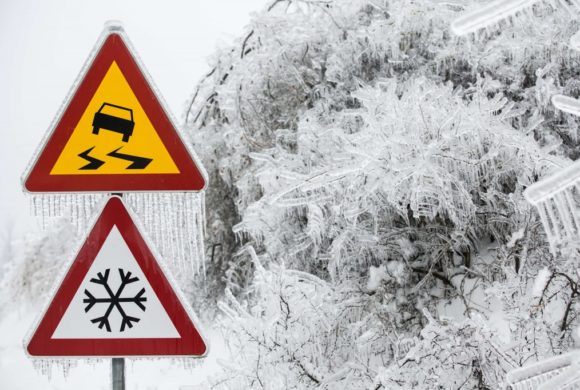After a severe storm in early November left Tennessee roadways covered with snow and ice, and had law enforcement officers responding to more than 140 traffic accidents, many Tennessee motorists are preparing for possible storms ahead, according to Commercial Appeal News. Icy roads can increase the risk of car accidents, serious injuries and death for those who do not know how to navigate the roads safely in inclement weather conditions.
According to the National Highway Traffic Safety Administration, 286 people in Tennessee lost their lives in fatal motor vehicle accidents during the winter months of 2012. Car accidents and deaths caused by bad weather are completely preventable. The American Safety Council recommends that motorists implement the following practices into their traveling routine in order to stay safe on the roadways this winter.
Motorists should winterize their vehicles
Drivers should ensure that their vehicles are ready for the ice and snow by having their oil, lights, tires, tire pressure, brakes, ignition system, battery, exhaust system, heater and defroster checked. The vehicle’s tires must have sufficient tread, as icy roads can dramatically affect a vehicle’s ability to brake. Reduced tire traction can lead to skidding and sliding, which can lead to a car accident.
Motorists should slow down
Speeding is one of the most common causes of winter-time car accidents, according to AAA. Motorists should reduce their speed to approximately half of the posted speed limit or even less depending on the specific road conditions. Drivers may want to increase their following distance and take turns gently in order to prevent an unnecessary collision.
Motorists should stay alert
Not only is distracted, drowsy and impaired driving extremely dangerous during fair weather driving conditions, but during stormy and icy weather, these hazards can become much more deadly. In order to ensure that their full concentration is on the road ahead, motorists should avoid talking on a cellphone, eating, drinking, operating navigation devices, reading, handling passengers in the backseat or adjusting the CD player while driving, as reported by distraction.gov.
Motorists should stay in control
Staying in control of a vehicle on icy roads can be difficult. Motorists who reduce their speed are more likely to have a better handle on their ability to control their car. AAA also advises motorists to avoid using cruise control on wet, icy, salty or sandy roads as it can interfere with the tires ability to grip the road.
It can be scary driving around commercial tractor trailers and other vehicles in icy and snowy weather conditions. However, by following a few key safety tips, motorists can minimize car accident risks.

